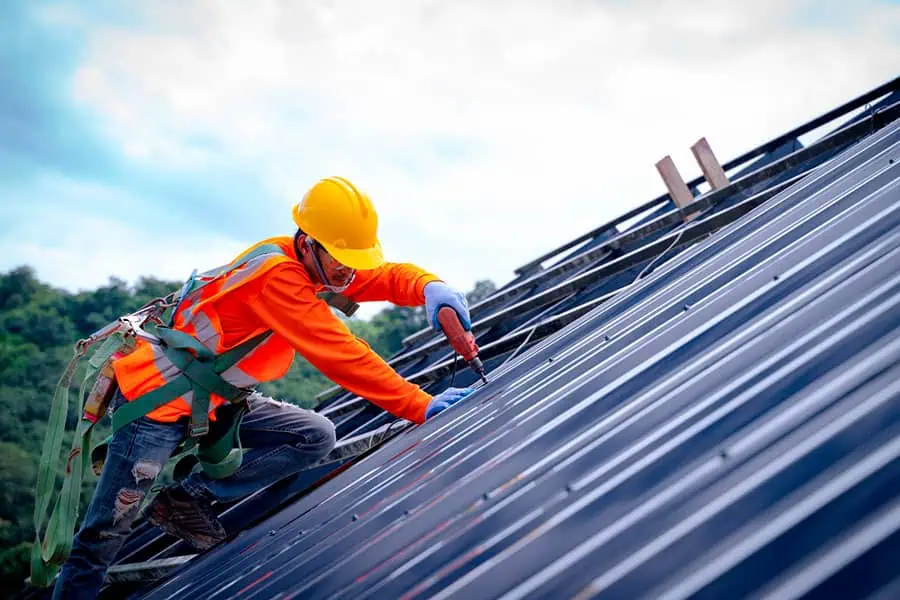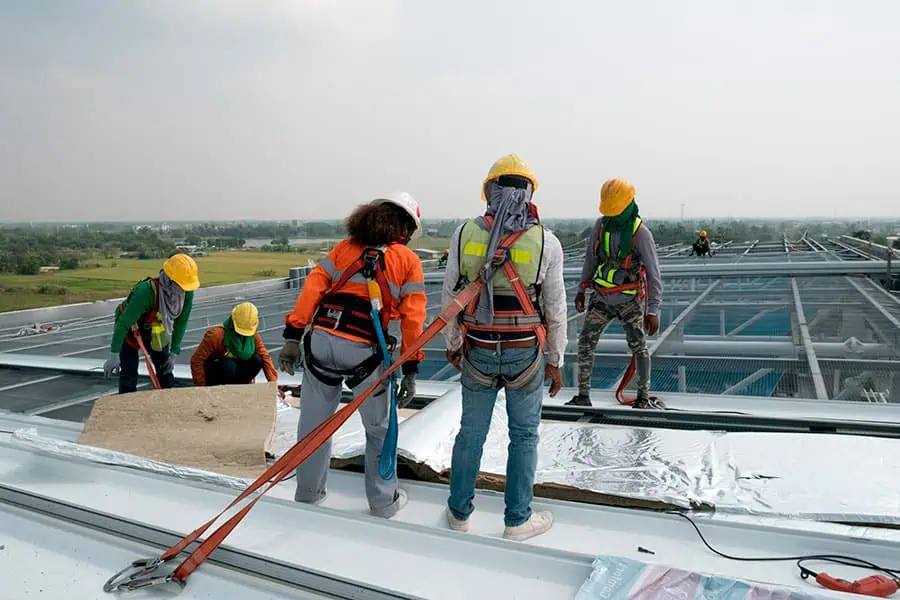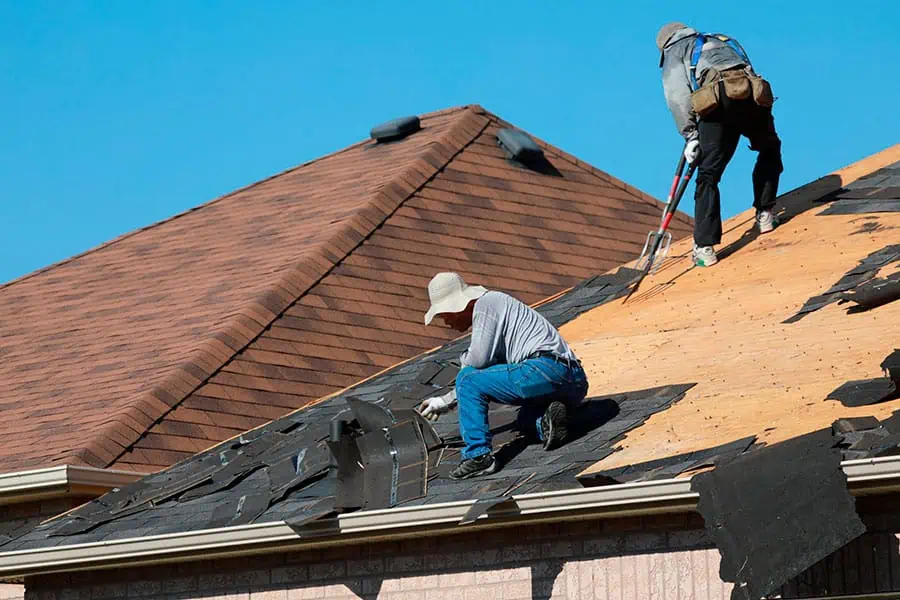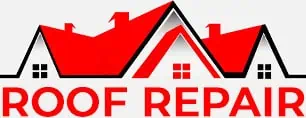Roof Repair Contractor

Introduction
A roof repair contractor is a specialized professional or company that provides essential services for the maintenance, repair, and restoration of various types of roofs. These experts play a crucial role in preserving the structural integrity and functionality of buildings by addressing roofing issues promptly and effectively.
Definition and Role
A roof repair contractor is an individual or organization with expertise in diagnosing and fixing problems related to residential, commercial, and industrial roofs. Unlike general contractors, roof repair contractors focus specifically on roofing systems, possessing in-depth knowledge of different roofing materials, techniques, and safety protocols.The primary role of a roof repair contractor is to ensure that roofs remain in optimal condition, protecting buildings from water damage, energy loss, and other potential hazards. Their services are essential for maintaining the longevity of roofing systems and preserving the overall value of properties.
Services Offered
Roof repair contractors typically offer a wide range of services to address various roofing needs:
- Roof Inspection
- Conducting thorough assessments to identify existing or potential roofing issues
- Evaluating the overall condition of the roof, including its structural integrity and remaining lifespan
- Providing detailed reports and recommendations for necessary repairs or maintenance
- Repair Services
- Fixing leaks and addressing water damage
- Replacing damaged or missing shingles, tiles, or other roofing materials
- Repairing or reinforcing structural components such as trusses or decking
- Addressing issues with flashing, vents, and other roof penetrations
- Maintenance
- Performing regular upkeep to prevent future damage and extend the roof’s lifespan
- Cleaning gutters and drainage systems to ensure proper water flow
- Applying protective coatings or treatments to enhance durability
- Emergency Services
- Offering rapid response to sudden roof damage caused by severe weather or accidents
- Providing temporary solutions to prevent further damage until permanent repairs can be made

Types of Roofs Serviced
Roof repair contractors are typically equipped to work on various roof types, including:
- Pitched roofs: gable, hip, gambrel, and mansard styles
- Flat roofs: built-up roofing (BUR), modified bitumen, and single-ply membranes
- Specialized roofing materials: asphalt shingles, wood shakes, metal panels, slate, thatch, and clay tiles
Tools and Equipment
Roof repair contractors utilize a wide array of specialized tools and equipment to perform their work safely and efficiently. Common tools include:
- Roofing nailers and staplers
- Pry bars and roof scrapers
- Caulking guns and sealant applicators
- Safety harnesses and fall protection systems
- Ladders and scaffolding
- Moisture meters and infrared cameras for leak detection
Licensing and Certification
The requirements for becoming a licensed roof repair contractor vary by location, but typically include:
- Completion of apprenticeship or vocational training programs
- Passing state or local licensing exams
- Maintaining liability insurance and workers’ compensation coverage
Many roof repair contractors also pursue additional certifications from professional organizations such as the National Roofing Contractors Association (NRCA) to demonstrate their expertise and commitment to industry standards.

Hiring a Roof Repair Contractor
When selecting a roof repair contractor, property owners should consider several factors:
- Verify proper licensing and insurance coverage
- Check references and review past work examples
- Obtain multiple detailed estimates for comparison
- Understand the scope of work and any warranties offered
- Ensure all agreements are documented in a written contract
Safety Considerations
Roof repair work involves significant risks, including falls, exposure to extreme weather conditions, and potential contact with hazardous materials. Reputable contractors adhere to strict safety protocols and regulations, including:
- Proper use of personal protective equipment (PPE)
- Implementation of fall protection systems
- Regular safety training for employees
- Compliance with OSHA (Occupational Safety and Health Administration) guidelines
Environmental Considerations
Many roof repair contractors are adopting more sustainable practices in response to growing environmental concerns:
- Using eco-friendly roofing materials and cool roofing technologies
- Implementing proper disposal and recycling of old roofing materials
- Offering energy-efficient roofing solutions to reduce building energy consumption
Industry Trends
The roof repair industry is evolving with technological advancements and changing climate patterns:
- Adoption of drone technology for roof inspections and damage assessments
- Development of more durable and weather-resistant roofing materials
- Increased focus on energy-efficient and solar-ready roofing systems
- Growing demand for impact-resistant materials in areas prone to severe weather events
By staying informed about these trends and continuously updating their skills, roof repair contractors play a vital role in maintaining and improving the built environment while adapting to new challenges in the field of roofing.
